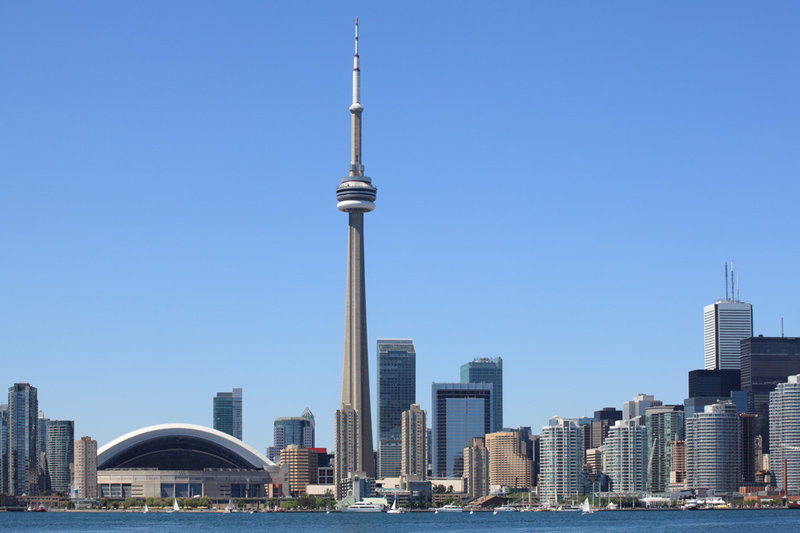By Andrea Hopkins
OTTAWA, May 9 (Reuters) - Canada's most populous province looks set to elect as premier in June a plain-spoken Progressive Conservative often compared to U.S. President Donald Trump, setting the stage for a fight on many fronts with Liberal Prime Minister Justin Trudeau.
Doug Ford, the bombastic brother of Toronto's late, crack-smoking mayor, Rob Ford, enjoyed a strong lead in opinion polls ahead of Ontario's June 7 election. Ontario is Canada's economic engine and is critical to Trudeau re-election efforts next year.
The province's current premier, Kathleen Wynne, on Wednesday officially kicked off the three-way race between her center-left Liberals, the right-leaning PCs, and the left-leaning New Democrats.
Ford, a 53-year-old businessman known for blunt speech and a combative relationship with news media, has promised to cut taxes, balance the budget, and spend C$5 billion ($3.9 billion) on Toronto subways - all without cutting jobs.
(For Factboxes on candidates and their policies. elected, Ford would end 15 years of Liberal government rule in Ontario, home to a third of Canada's population of 36 million, and mark a pendulum swing since the 2015 national election of Trudeau, who needs support from Ontario to win a second term in autumn 2019.
"I'm going to make sure we run a government that respects the taxpayers. You know me; I'm for the little guy," Ford said on Monday when the three leaders faced off for the first time in a televised debate.
Trudeau and Ontario Premier Wynne have been strong allies in recent years, and Trudeau would face opposition from Ford on major policies including carbon pricing and taxation. But the bigger problem for the prime minister may be the message from voters that the Liberals have moved too far left of center.
An Ipsos poll released on Tuesday showed Ford would get 40 percent of the decided popular vote if an election were held on Wednesday. The New Democrats would win 29 percent and the ruling Liberals would come third with 26 percent.
All three major parties have tried to appeal to Canada's large ethnic vote, which holds political sway in many of Toronto's burgeoning suburbs.
"For Doug Ford to win, he just has to make sure he doesn't make a mistake and hope the populist economic anxiety and fatigue with the Liberals propel him to victory," said pollster Nik Nanos of Nanos Research.
Polls have also shown that Trudeau's federal Liberals have faded in popularity. According to the CBC Poll Tracker, an aggregation of public polling data, the Liberals trail the opposition Conservatives by three percentage points.
"This election will send strong signals to Prime Minister Trudeau that he may want to trim his sails somewhat and move back to the political center," said Ian Lee, a professor at Carleton University's Sprott School of Business.
Wynne, 64, struggling against low approval ratings, likened Ford to Trump soon after he won the leadership of the center-right PC Party in March, calling him a bully who tells lies.
"Doug Ford sounds like Donald Trump and that's because he is like Donald Trump," Wynne said in April, adding that she is not Hillary Clinton and Ontario is not the United States.
Others say the comparison to Trump is overblown - noting that Ford does not share Trump's rhetoric against immigration or ethnic minorities.
"Doug Ford is not the radical that Trump is; he's just your fiscal conservative type," said Lee. ($1 = 1.2942 Canadian dollars)
<^^^^^^^^^^^^^^^^^^^^^^^^^^^^^^^^^^^^^^^^^^^^^^^^^^^^^^^^^^^ FACTBOX-Main candidates in the Ontario provincial election
FACTBOX-Conservative platform in Ontario provincial election
